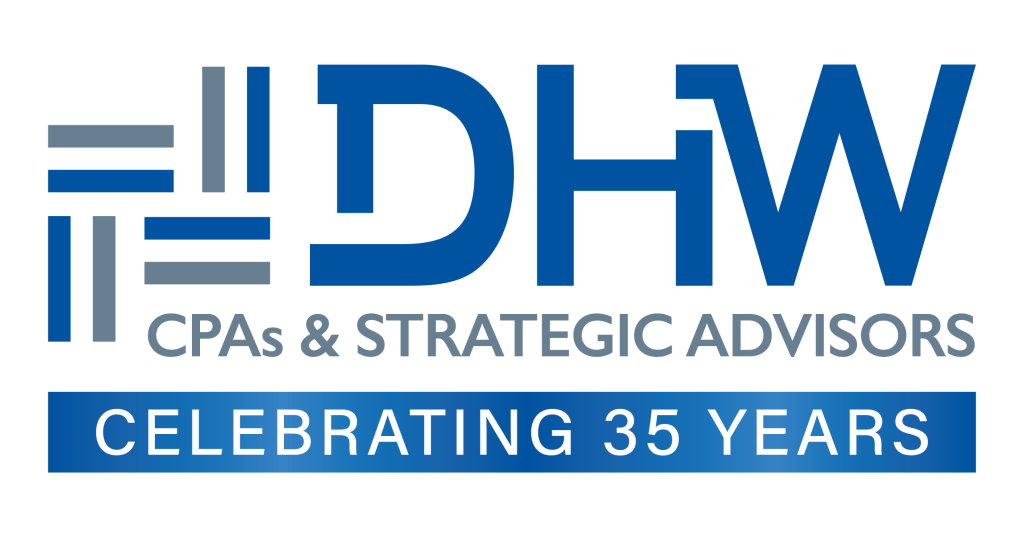As the plan administrator, you do your best to keep your employee benefit plan in compliance. However, once your plan has 100 or more participants, you will need to get an independent audit from an accounting firm. The auditing process can be overwhelming given the complexity of the Department of Labor (DOL) regulations and requirements pertaining to employee benefit plans. The best way to make the auditing process as efficient and accurate as possible is to prepare ahead of time.
Whether your employee benefit plan is ready to be audited for the first time or you just want to experience a smoother audit process moving forward, we have created a checklist of tips below to help you prepare for an employee benefit audit.
What to Do Before Your Audit
Here are some of the ways you can prepare for your audit through planning before the process takes place:
- Understand and be ready to discuss plan details.
Make sure that you understand the provisions in your plan documents and adoption agreements. Be prepared to discuss key policies and procedures that impact plan operations with the audit team. Your team should also be prepared to speak with auditors about any changes to policies and procedures, changes to the plan document, and any potential compliance issues.
- Keep files for each plan year so that you can easily track plan activity.
Throughout the year, you should be maintaining minutes for meetings with the board and third-party advisors. You’ll want to document the board’s review of plan investments in the minutes as well as any decisions that pertain to profit sharing, or discretionary match. Put all of your minutes, memos, amendments, and other documents into your file.
- Meet with your team to discuss the audit.
Set up a meeting with all of your service providers. In addition to auditors, you’ll want to invite plan custodians, third-party administrators, and any internal staff who will oversee the audit. During this meeting, you’ll want to make sure that each individual understands their role in the audit process. In addition, you should provide details on any information that they will need to provide or create to ensure timely delivery.
- Review your plan document to ensure compliance.
Before you bring in an independent auditor, you’ll want to review the employee benefit plan document to make sure that the plan is operating in accordance with the written document. As you review your plan document, verify that:
- Plan compensation payroll settings are consistent with plan compensation as it is defined in the plan document.
- Employer contributions, including any matches, are calculated as the plan document defines.
- Deferrals are being calculated on compensation as per the plan document.
- Bonuses are being included or excluded from deferrals as defined in the plan document.
What to Do During Your Audit
Here are a few tips that you can use to make sure that you are prepared during the audit process:
- Be available to meet with the audit team.
The audit team will need to meet with those who are responsible for key plan processes and controls to better understand control implementation. That means that your team should be prepared to meet with the audit team to discuss key plan processes and controls at the activity and plan levels. You should also be prepared to discuss the plan’s information technology controls.
- Be ready with the documents needed for testing.
It’s important for you to understand what the auditors will be testing and be ready with the appropriate documents. The typical audit will test contributions, participant data, payroll records, investment results, participant loans, benefit distributions, and any other significant transactions. Your team should be ready with data pertaining to the plan’s nondiscrimination testing, applied forfeitures, and any prohibited transactions like late remittance of participant plan contributions.
- Request daily updates and reports on open items.
Before your audit team concludes each day, they will provide a list of items needed to address any remaining questions or testing. You and the audit firm can establish a timeline for the delivery of these items. In order to expedite this process, you can request daily updates and reports on open items from the auditing team so that you are able to monitor the audit’s progress and help support the audit team in any way possible.
Work with an Experienced Employee Benefit Plan Auditor
Now that you know what to expect from the employee benefit plan auditing process, it’s time to find an experienced and qualified auditor for your plan. ERISA requires that auditors are independent public accountants that are certified or licensed by the State regulatory authority. Since ERISA’s requirements and regulations for employee benefit audits are complex, you should also look for an auditing firm that has experience in auditing employee benefit plans that are similar to yours.
For more information and to see how DHW can assist with your employee benefit plan audit, please contact Melissa Shronce at Melissa@dhw.cpa or 828.322.2070.

